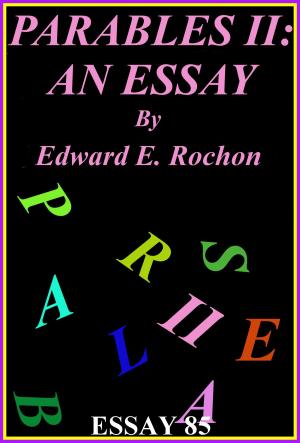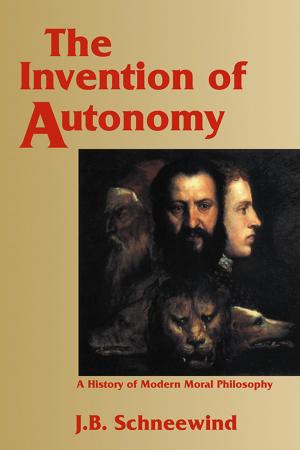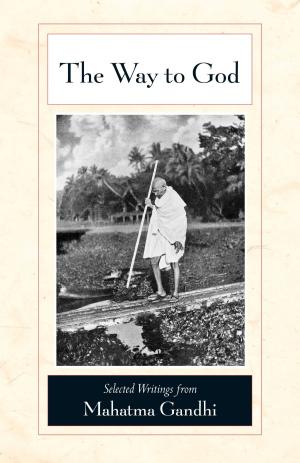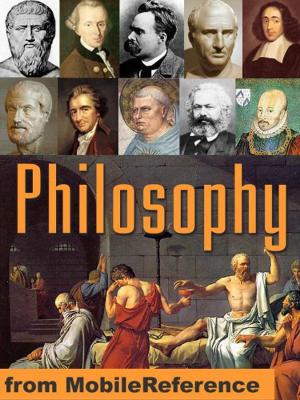| Author: | Christian Karl | ISBN: | 9781301185054 |
| Publisher: | Christian Karl | Publication: | September 14, 2013 |
| Imprint: | Smashwords Edition | Language: | English |
| Author: | Christian Karl |
| ISBN: | 9781301185054 |
| Publisher: | Christian Karl |
| Publication: | September 14, 2013 |
| Imprint: | Smashwords Edition |
| Language: | English |
The Bhagavad Gita is often referred to as the Hindu Bible. It contains the deep spiritual insights and valuable religious teachings of the Vedas and the Upanishads. The original author Vedavyasa expounds on those teachings to tailor them to a very specific problem: how to dispel the warrior Arjuna’s doubts about his course of action at the beginning of a major conflict? First Arjuna refuses to take up his arms. But then Krishna, the enlightened being, slowly and methodically points out what Arjuna’s duties are and what the consequences are of his acting or of his not-acting based on his status in life.
I have attempted to help the reader understand this at times archaic appearing scripture. It was written at a time when society’s structure was very rigid and there was a strong division between different castes in ancient India, where the battle was taking place. Every generation of new spiritual aspirants need to find the truth in the scriptures of the past. To infuse them, so to speak, with new meanings. Although the truth does not change over time, the expressions of the truth do change. Language changes. Culture changes. Etc. My commentaries attempt to make this wonderful scripture more accessible to the modern reader. I hope I have succeeded.
The Bhagavad Gita is often referred to as the Hindu Bible. It contains the deep spiritual insights and valuable religious teachings of the Vedas and the Upanishads. The original author Vedavyasa expounds on those teachings to tailor them to a very specific problem: how to dispel the warrior Arjuna’s doubts about his course of action at the beginning of a major conflict? First Arjuna refuses to take up his arms. But then Krishna, the enlightened being, slowly and methodically points out what Arjuna’s duties are and what the consequences are of his acting or of his not-acting based on his status in life.
I have attempted to help the reader understand this at times archaic appearing scripture. It was written at a time when society’s structure was very rigid and there was a strong division between different castes in ancient India, where the battle was taking place. Every generation of new spiritual aspirants need to find the truth in the scriptures of the past. To infuse them, so to speak, with new meanings. Although the truth does not change over time, the expressions of the truth do change. Language changes. Culture changes. Etc. My commentaries attempt to make this wonderful scripture more accessible to the modern reader. I hope I have succeeded.















